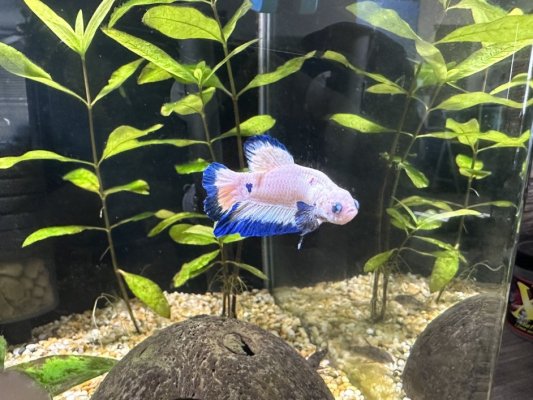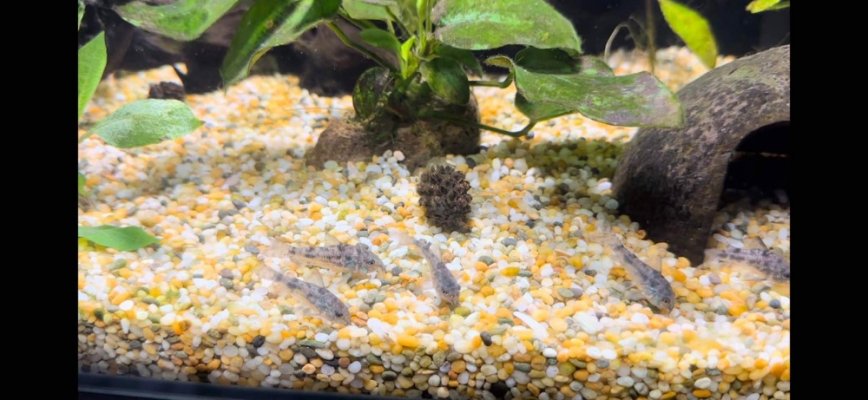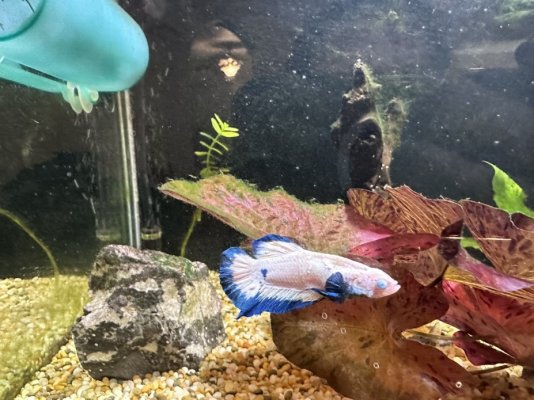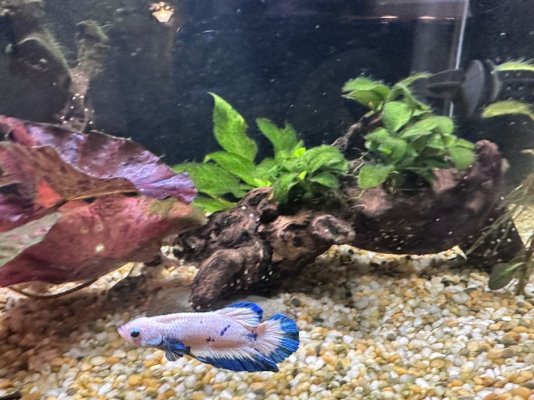starfish615
Aquarium Advice Regular
10 gallon tank been setup for about a month now. Cycle completed within a week or two in (did daily water testing and small water changes till no ammonia nitrite and 5- 10pm nitrate) I have continued testing weekly with no ammonia spikes and stayed on top of at least weekly if not twice weekly small water changes. I was finding the airpump I had connected to my double sponge filter was not strong enough so I got a new one but I did have poor water circulation for a bit. I lost 1 of my dwarf cory cats 2 days ago (moved to hospital tank but didn’t make it through the night) it was darting and then floating before death) it was smaller than others and I had noticed not coming for food immediately with others the day before but did eventually come out to hunt around. Now my betta has a sore (picture) and I have noticed my other cory are darting and occasionally rubbing. I thought maybe ich but that doesnt cause sores I dont think? Everyone still left in tank is active and eating well.. I also rechecked my tank when Cory was sick and no ammonia or nitrite and still around 5-10 ppm nitrate. I did a small water change as well that night and added in some stability for good measure. 




